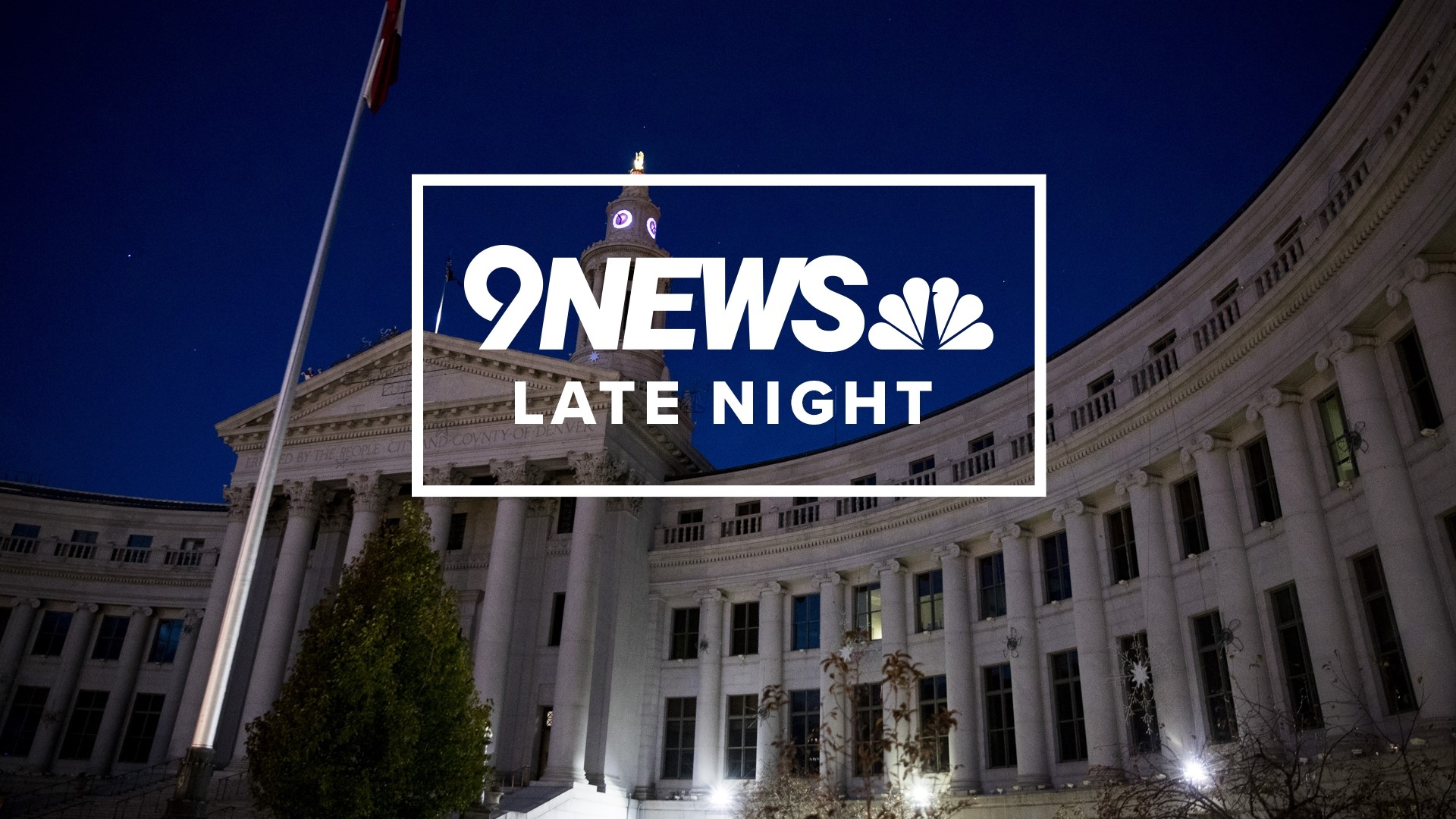AURORA — For 24 months, Drew and Robin Paterson have been fighting the Cherry Creek School District over what should never be found in a school computer.
"We had a child on one of the Cherry Creek Middle Schools and we found large volumes of pornographic material," Robin Paterson said.
Drew Paterson said the material was disturbing.
"There was some horrific images and text," Drew Paterson said.
The thing is, the district contracted with a company called EBSCO to avoid that exact problem. EBSCO was supposed to be a self-contained database for kids.
"The EBSCO databases are not the internet. They're a curated digital collection, a proprietary collection put together by EBSCO," Robin Paterson said. "There shouldn't be any obscene or pornographic material in there whatsoever."
But, EBSCO does sell ads and the Patersons said that is the problem.
"Companies should be never be allowed to come in and advertise for the sex industry in our schools," Robin Paterson said.
Drew Paterson said these were not just naked pictures.
"There are solicitations for children to sign up for escort services," Drew Paterson said.
After years of complaints to the school district, the Patersons finally heard the news they've been waiting for. Cherry Creek decided to sever ties with EBSCO.
"This is an absolute victory for parents' rights in Colorado," Robin Paterson said.
The Cherry Creek School District put out a statement:
"... the Cherry Creek School District has chosen to go with a different vendor for delivering database systems to students this year.
We worked with EBSCO for over a year and a half to address concerns raised by parents. Ultimately, we were not satisfied by EBSCO’s response to our requests for them to identify and remove objectionable content from their middle and high school databases.
"This is a one-year decision and will be reviewed again in the future to determine which databases will best serve our students."
EBSCO sent this statement to 9NEWS:
"Concerns have been raised about the content in EBSCO school databases, particularly about the content in EBSCO school databases in Cherry Cheek, Colorado, about two years ago. By working with the family and the district, and by auditing our own content selection processes, we have implemented several policy and process improvements to further our goal of restricting content that is not educationally and/or developmentally appropriate in our products intended for schools. Our efforts to achieve this goal are ongoing due to the constant generation of content, the rapidly changing nature of language and the continual influx of new terminology.
At EBSCO, we create databases for a variety of age-levels. These databases are meant for public libraries, clinicians, undergraduate researchers, graduate and post-graduate-level researchers, as well as K-8 and high school students. These databases can be general multi-disciplinary audience age-appropriate collections, or subject-specific collections geared toward very specific researchers. An entire state will subscribe to EBSCO databases to serve the various institutions/researchers across universities, public libraries and K-12 schools. When this happens, it is essential that schools make only the appropriate databases available to their students. Even though the entire state may have the “rights” to view this content, more is not always better.
In looking at the way this situation has developed, it is here where things are likely to have been misconstrued. We have worked with districts like Cherry Creek to ensure that only K-8 appropriate resources are made to be accessible to their students. At some point in the past, the schools were making available university-level databases because they have statewide access. Since then, we have worked together to ensure only the appropriate databases designed to support K-8 students were offered. In this case, ourExplora interface for primary and middle schools was available, which included age-appropriate databases. These are the resources that schools should be making available, no ads are sold into these databases as previously reported, and school filters prevent students from linking out to online sites.
In searching the top 200 searches in our K-8 databases, none of these questionable or concerning terms were searched. We are confident that students are using our databases appropriately, to research topics for their school assignments."
Denver Public Schools dropped EBSCO on June 30. The Douglas County School District did the same last year. The Boulder School District never had a contract with EBSCO as a whole, but individual high schools may be using its services.
In Jefferson County, the district does not have a contract with EBSCO, but the Jefferson County Public Library system does which can be accessed by students from school computers. District spokesperson Diana Wilson says JeffCo is confident that network protections will prevent pornographic images from going through.
The Adams 12 Five Star School District does use EBSCO in its middle and high schools, but its system can exclude inappropriate materials and the system is reviewed quarterly, according to district spokesperson Joe Ferdani.
"This is an absolute victory for parents' right in Colorado and (schools) weren't paying any attention to this issue until parents brought it forward," Robin Paterson said.



